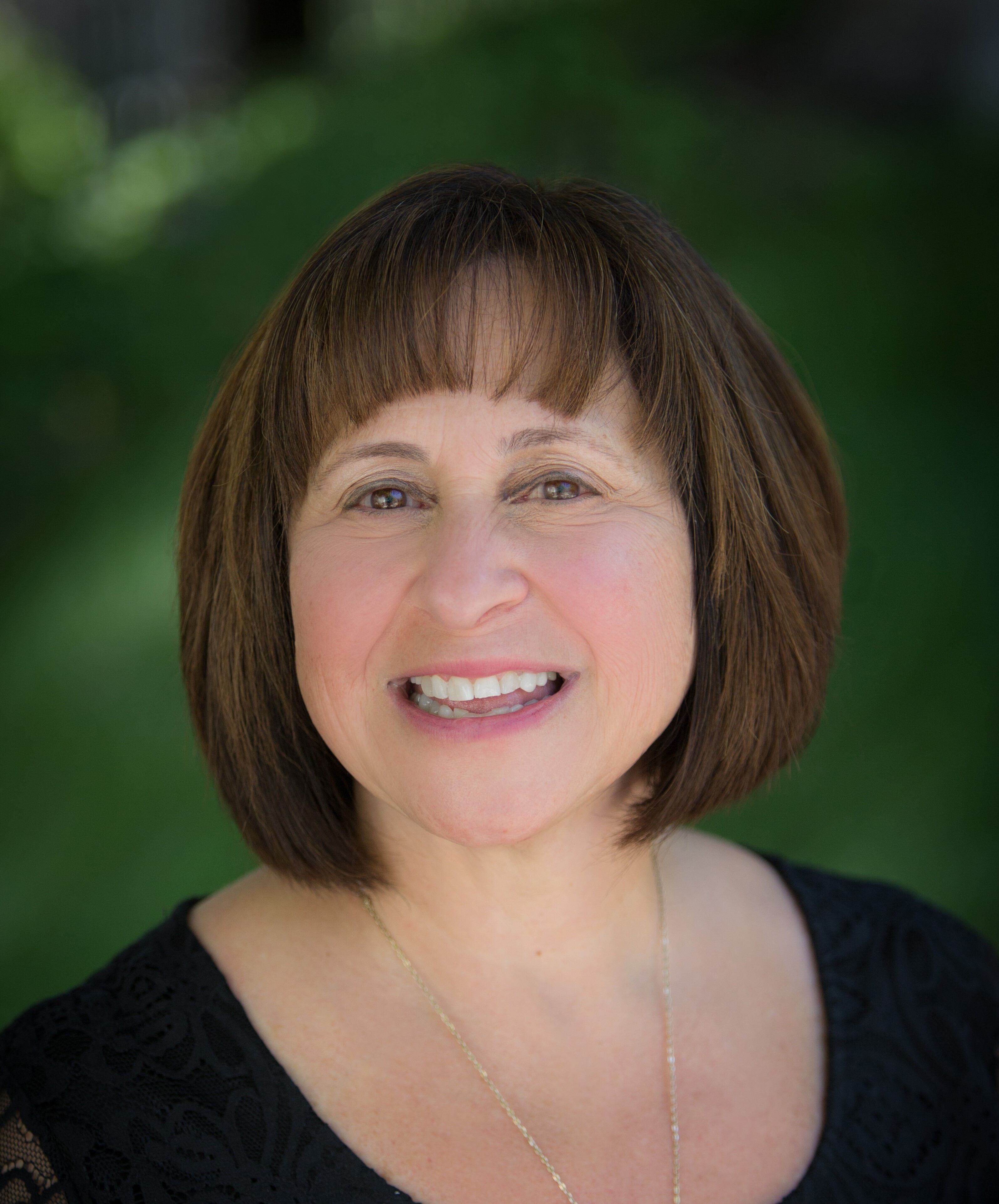This week’s Torah reading, Va’yikra, begins the third book of the Bible, Leviticus, which combines the details of the Jewish sacrificial rites with the code of Holiness. Having established the covenant and outlining the details for the construction of the Tabernacle in the book of Exodus, the Torah now turns our attention to the ways in which the Tabernacle is to be used for the ongoing interaction between God and humanity, introducing the sacrifices as specific “language” for communication, each one to express a different sentiment.
The first few chapters of Leviticus explain several different types of offerings, each offered in its own particular way and with specific animals or other products. The sacrifices introduced cover different times, occasions, and require different intentionality. There are individual sacrifices; there are collective, communal sacrifices. Amongst them are burnt offering brought spontaneously by individuals to demonstrate personal surrender to God at the precise moment in which one is moved to do so; meal offerings acknowledging the Divine source of life and sustenance; well-being offerings designed to provide a vehicle for one to offer praise or thanksgiving when something noteworthy has occurred; and sin offerings for individuals and communities to offer when God’s commandments have been transgressed.
Because of God’s divinity, holiness and uniqueness, it would be very easy to assume that our offerings should involve that which is outside of the ordinary, and harder to come by. We might assume that to truly serve God, we have to find the rarest of items to bring to the Temple. Yet, for each of the sacrifices described, the Torah actually calls for the exact opposite. The Torah calls for the sacrifice of those animals that are “within your herd”, i.e. around you. In each case, the Torah tells us to take from that, which is in your midst, and guide it through a process of preparation, and make it a holy offering to God.
Why does the Torah go to such lengths to discuss different types of sacrifices offered for different reasons and at different times, but always from that which is already accessible to the one bringing the offering? The Hafetz Hayim answers this in a way that I think brings great insight into the ancient system as well as into our modern lives. He explains that the Torah specifically says to take from that which is “within your herd” to remind us that we do not have to go searching for that which can be holy, All around us there are things, people, places, and events that have the potential to become holy. They are not holy in and of themselves, but what makes them holy is what we do with them, how we act, what we say. And when we do so, we, like our ancestors before us, truly make an offering to God.
For each of us, that which surrounds us is different. We have different families, different friends, different careers, different extracurricular activities, and different education – and we could go on. As a result, each of us has within our grasp, different things, people, situations, personalities, opportunities, and challenges. But, what we share is the ability to transform the ordinary into a holy offering to God. Our actions, our time, our behavior, our business dealings, and our interaction with others are things we encounter all the time, but they are not inherently meaningful. What makes them meaningful is how we go about doing them.
When we eat, we are not by definition doing anything holy, but when we make a blessing before and/or after a meal, we elevate ourselves and the food to another place, and we make an offering to God. When we light candles to create ambiance, while it may be aesthetically nice, it is not by nature anything different than the previous moment. But, when we light candles and say a blessing because we are lighting them for the purpose of celebrating a holiday, something unique does occur. Our time and our act of lighting are both elevated and sanctified. Likewise, when we talk to someone, we are not, by definition, doing anything extraordinary. But, when we do so by truly listening, and giving, with full respect and recognition of the person to whom we are talking, we make that interaction something very different, and God is indeed present. And, when we reflect on and recognize something that someone gave us or did for us, it is not, automatically, unique or holy. But, when we acknowledge our gratitude to the other person or to God, we transform the moment into something far greater than that single moment.
And so, the Torah teaches us about different sacrifices using that which is already around us to call our attention to our individual and collective ability to turn the ordinary into something sacred. Like the burnt offerings, it can sometimes be in a completely spontaneous way, at a moment in which we are simply moved to do so. Other times, it can be like the thanksgiving offering, in a moment of gratitude or praise for an experience, a moment of success or growth that we encounter. Other times, it can be a sin offering, in which we demonstrate reconciliation with God for that which we have done wrong to ourselves, to another person and/or to God. And still other times, it can be as a collective community in which we recognize the moments that we share together in holiday, celebration, and support.
On this Shabbat, I pray that each of us can indeed become more conscious of that which is in our midst, and that our behaviors, relationships, interactions, business dealings, and our time can become sacred offerings to God. I hope that we can challenge ourselves to take an extra moment to consider our surroundings and find the best that is within us, and use it to make our lives a blessing.
Shabbat Shalom!

